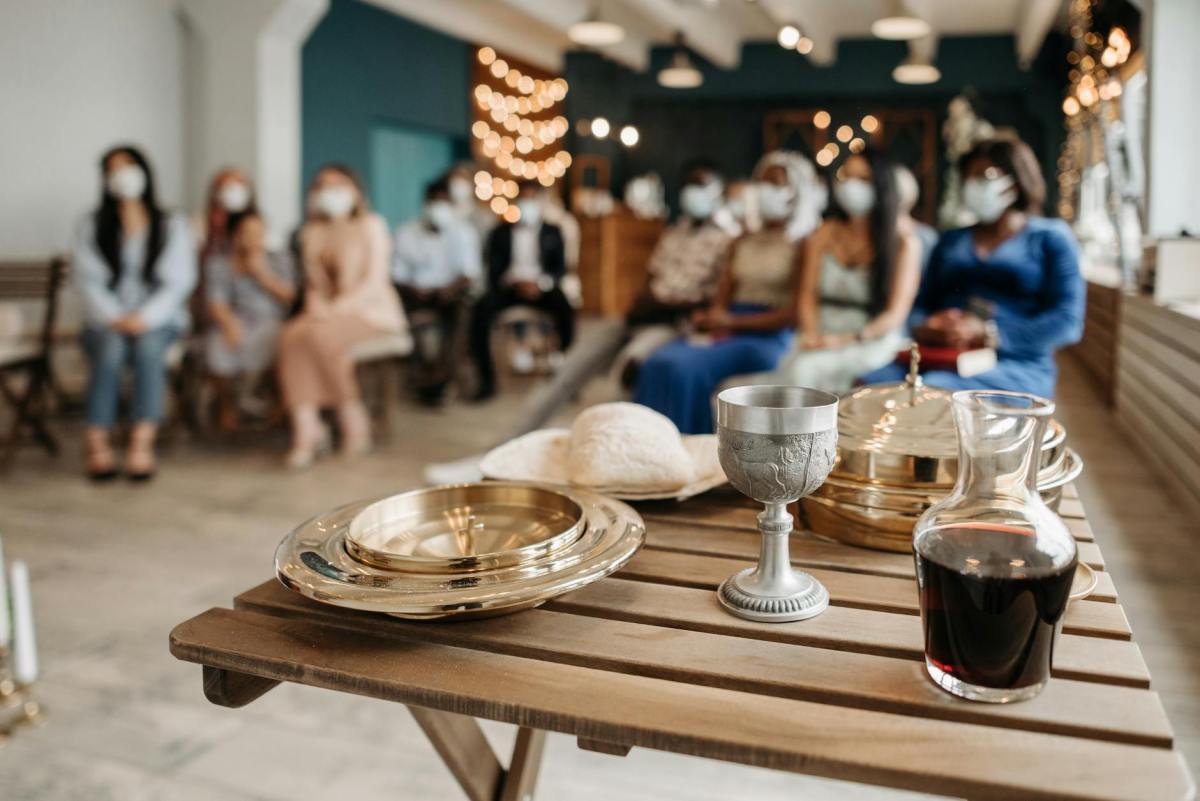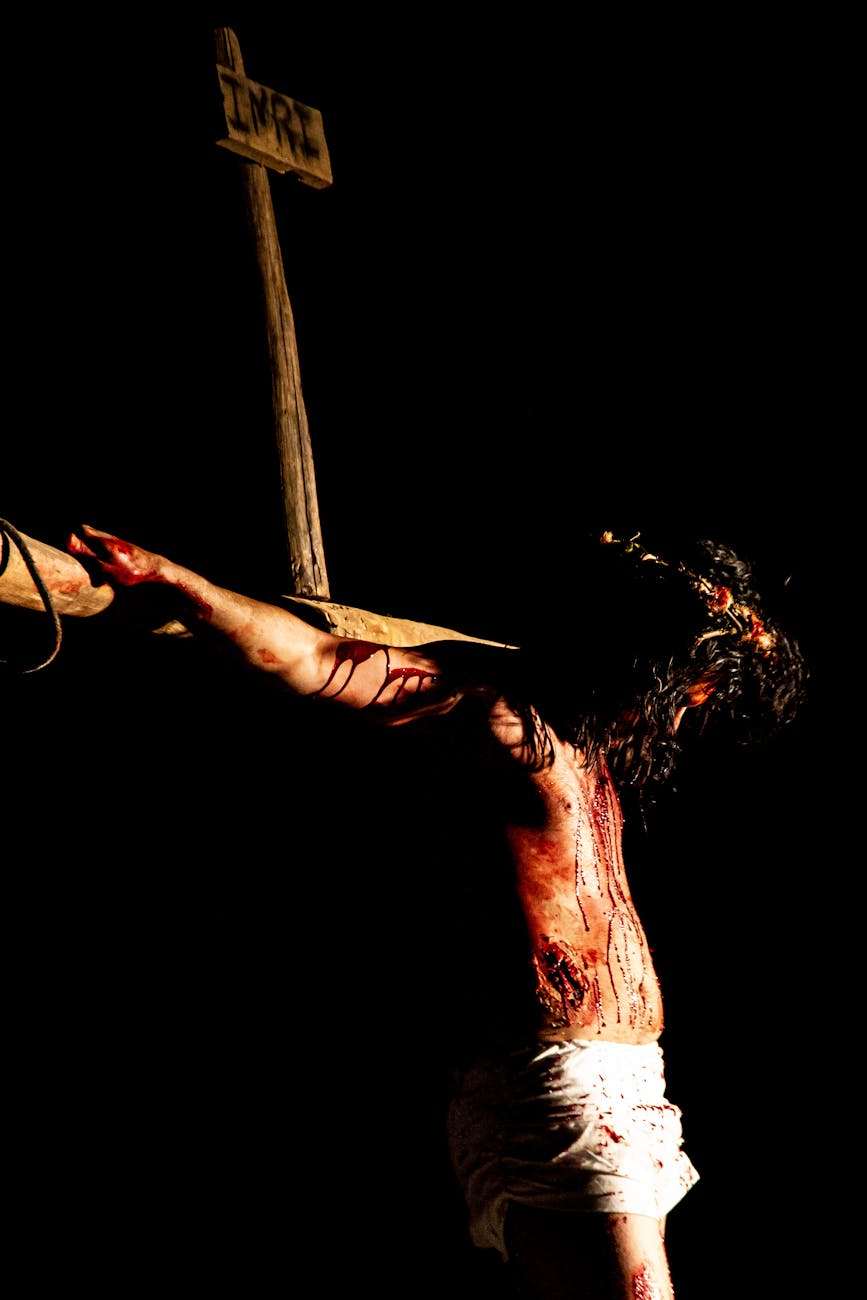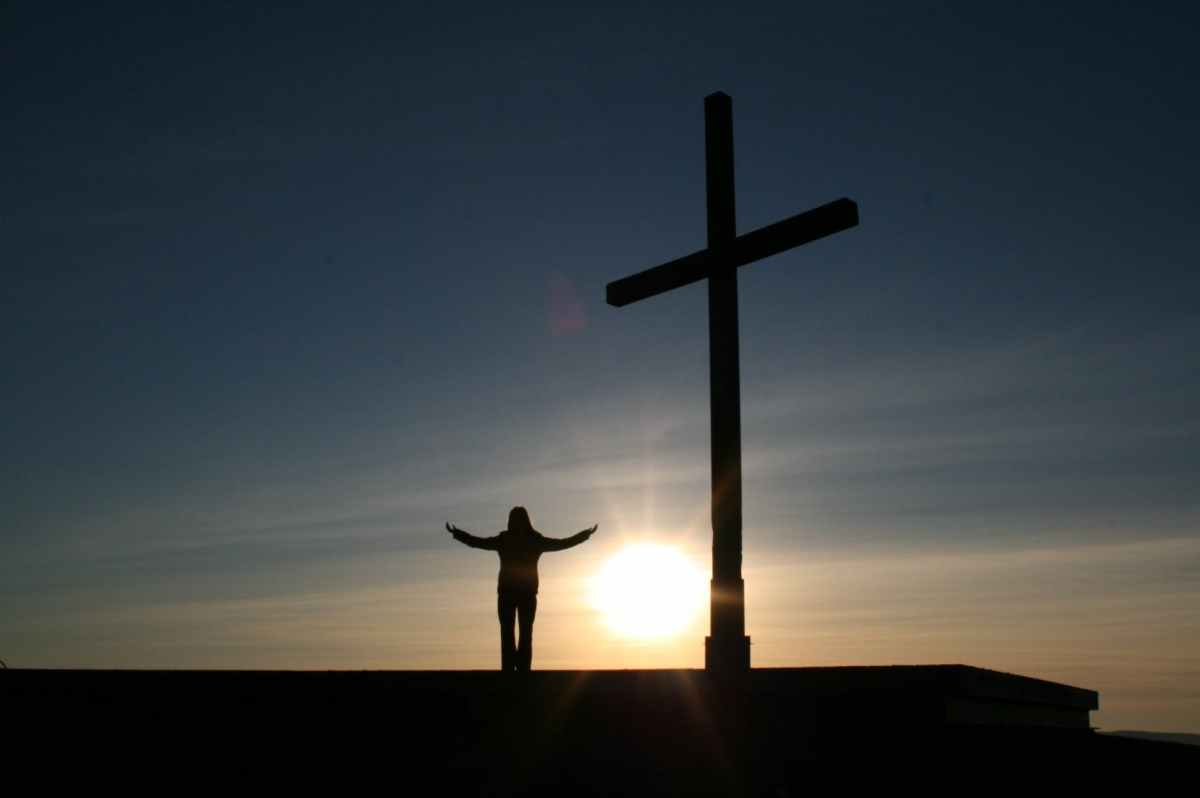Special meal times with family and friends are important events that leave indelible marks in the hearts of attendees. Depending on the occasion, meal time could also be a moment to consider important things, appreciate some people and if possible make certain commitments for the coming days, weeks, months or even years. Personally, I appreciate the opportunity to be part of Christmas or Easter meal time with family and friends. It is an opportunity to share the love of God with each other. The first ever Easter celebration began with a meal as well. Jesus, being aware that His time was near, planned a perfect family supper with His disciples. Obviously, that was not the first time Jesus had a meal with His disciples but this was quite significant because it was their last supper together before Jesus was arrested, trialed and subsequently crucified.
While they were eating, Jesus took bread, and when he had given thanks, he broke it and gave it to his disciples, saying, “Take and eat; this is my body.” Then he took a cup, and when he had given thanks, he gave it to them, saying, “Drink from it, all of you. This is my blood of the covenant, which is poured out for many for the forgiveness of sins. I tell you, I will not drink from this fruit of the vine from now on until that day when I drink it new with you in my Father’s kingdom.” (Matthew 26:26-29)
Jesus had the plans for the supper all laid out. When His disciples asked for the plans for the Passover, Jesus replied, “Go into the city to a certain man and tell him, ‘The Teacher says: My appointed time is near. I am going to celebrate the Passover with my disciples at your house.’ ” (Matthew 26:18). At His words, the disciples went ahead and prepared the supper. Several significant events happened at the supper. Jesus washed the feets of His disciples, He predicted Judas betrayal, He instituted the Holy Communion and He also predicted Peter’s denial. Let’s focus on the Holy Communion and how it began. From Matthew’s account, “While they were eating, Jesus took bread, and when he had given thanks, he broke it and gave it to his disciples, saying, “Take and eat; this is my body.” Then he took a cup, and when he had given thanks, he gave it to them, saying, “Drink from it, all of you. This is my blood of the covenant, which is poured out for many for the forgiveness of sins. I tell you, I will not drink from this fruit of the vine from now on until that day when I drink it new with you in my Father’s kingdom.” (Matthew 26:26-29).
At the meal, Jesus took the bread, He informed His disciples that the bread is His body. A few hours after the meal, Jesus was arrested and His body was afflicted with pain and agony. He was literally broken by extreme pain and suffering. Jesus knowing this beforehand alluded to the bread as His body that was about to be broken and wounded. According to history, Jesus’ body was badly affected by all the beatings from the Roman soldiers. His skin was disfigured beyond human likeness. Even His face was not spared as a crown of thorns was set upon His head. While on the cross, the soldiers pierced His sides until blood and water gushed out. Indeed, Jesus’ body was broken for us.
Also, Jesus referred to the cup they shared at the meal as His blood of the covenant which is poured out for many for the forgiveness of sins. Jesus’ blood was shared from the crown of His head to the sole of His feet. His head, face, body (front and back), side, feets, hands, and heart all bleed profusely because of all the suffering Jesus was made to go through. The blood of Jesus was so significant and important in the ultimate plan of God. It is by the blood of Jesus that we have forgiveness of sins. The blood was so powerful that as soon as it touched the ground, things began happening in the spiritual realm. The physical environment and the spiritual environment could not hold on to the blood. The earth shook, the temple was impacted as the curtains separating the holy of holies from the holy place were torn into two. In the spiritual realm, Jesus’ blood atoned for the sins of all humanity from Adam until the end of age. The sinless blood of Jesus wiped away the ordinances of sins against those who come to Him. Like a permanent cleanser, the blood did not leave any trace of our iniquities. Infact, those who have been chained by the power of sin and death in Hades were not left out. They heard the message of the gospel.
Colossians 2:15 states that Jesus having disarmed the powers and authorities, he made a public spectacle of them, triumphing over them by the cross. The Last Supper of Jesus was not just one of the meal times, it was an important occasion that revealed deep truths about the saving work of Jesus. It is important that we partake in this Holy Communion here on earth and also with Jesus in His Father’s kingdom. If there are any barriers that prevent you from participating in the Holy Communion, pray about it. If the barrier demands an action from you, like getting water baptized or moving away from a sinful lifestyle, be intentional about it. In this Holy week, be reminded of the power in partaking in the Holy Communion.








